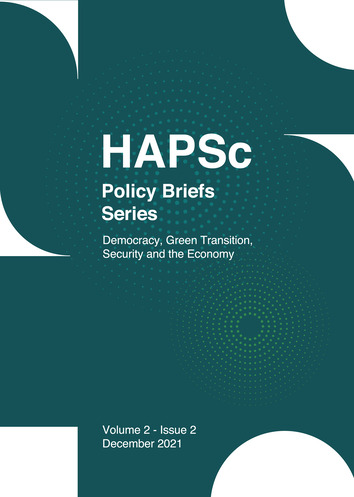Financial Sanctions Effectiveness as a Foreign Policy Tool on Crises Management
Résumé
Post-Cold War financial sanctions utilization reached its peak as policymakers employed used them in order to face address major international crises. Their prominence among foreign policy instruments sparked the interest of many scholars and enriched the existing literature. However, their attractiveness raises several interesting research questions, such as "Do targeted sanctions suffice to achieve the defined objectives?", "Which variables affect their effectiveness?", "What shortcomings can be overcomed to make them more productive?" To probe these queries, in this paper different aspects of both comprehensive and financial/ smart/ targeted sanctions are examined. It is concluded that political will and better understanding of their effects is needed to improve sanctions design and overcome legal and administrative obstacles, since the current flaws are not incurable.
Article Details
- Comment citer
-
Psomopoulou, K. (2021). Financial Sanctions Effectiveness as a Foreign Policy Tool on Crises Management. HAPSc Policy Briefs Series, 2(2), 186–195. https://doi.org/10.12681/hapscpbs.29505
- Rubrique
- Articles

Ce travail est disponible sous la licence Creative Commons Attribution 4.0 International .
Authors retain copyright and grant the journal right of first publication with the work simultaneously licensed under a Creative Commons Attribution License that allows others to share the work with an acknowledgement of the work's authorship and initial publication in this journal.


